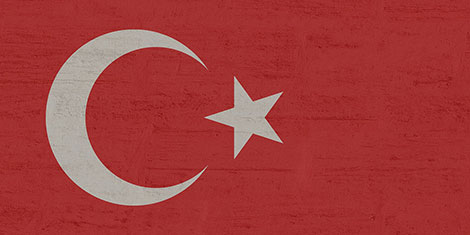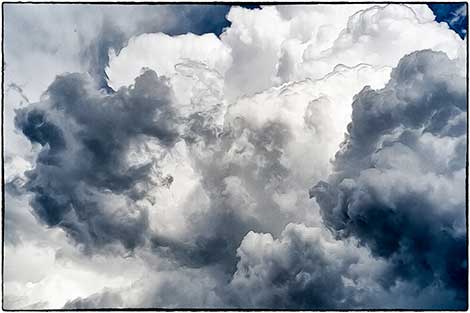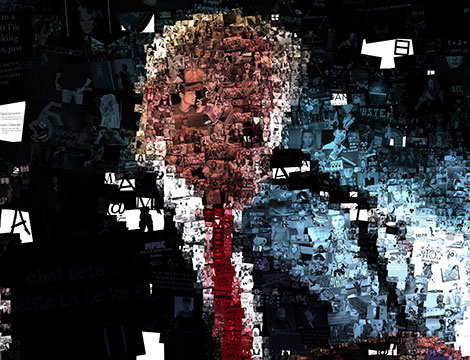
This article was published by the Council on Foreign Relations (CFR) on 2 October 2017.
It is not easy to follow what has been happening in Syria. After six years of war and between 300,000 and 400,000 people killed — with half the population displaced and a dizzying array of factions, foreign armies and extremist groups fighting — it is hard to know who shares what interest with whom or how the killing stops.
Over the last few weeks, the fight for Raqqa, the Islamic State’s Syrian capital, and the battle for Deir Ezzor, the gateway to Iraq and the location of oil fields, have heated up, but the intensity of fighting in some other parts of the country has diminished. This is because Syrian government forces and their allies — Hezbollah, Shia militias from Iraq, Iranian Revolutionary Guard Corps and Russian bombers — have taken and held territory. The Russians have also taken the lead in establishing “de-escalation zones” in parts of seven provinces and in eastern Ghouta near Damascus.




